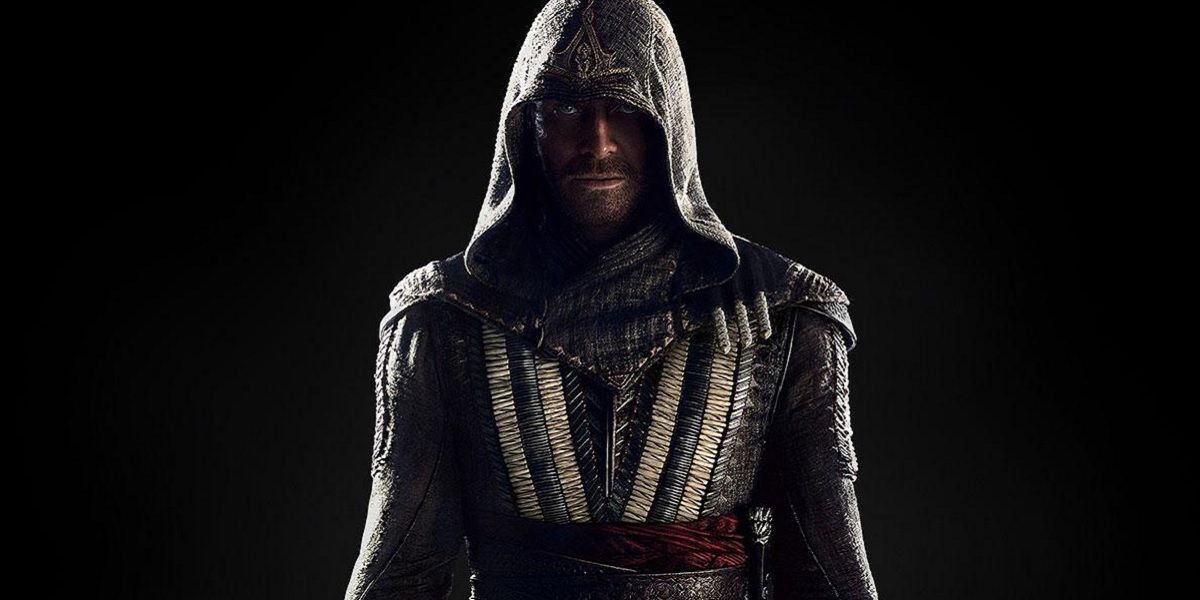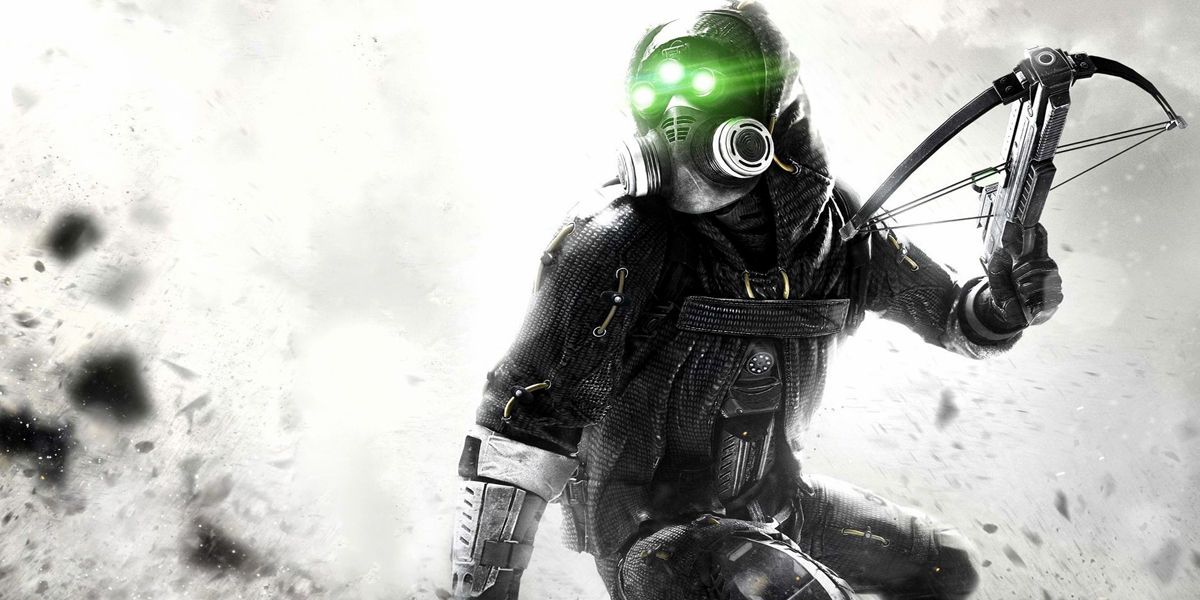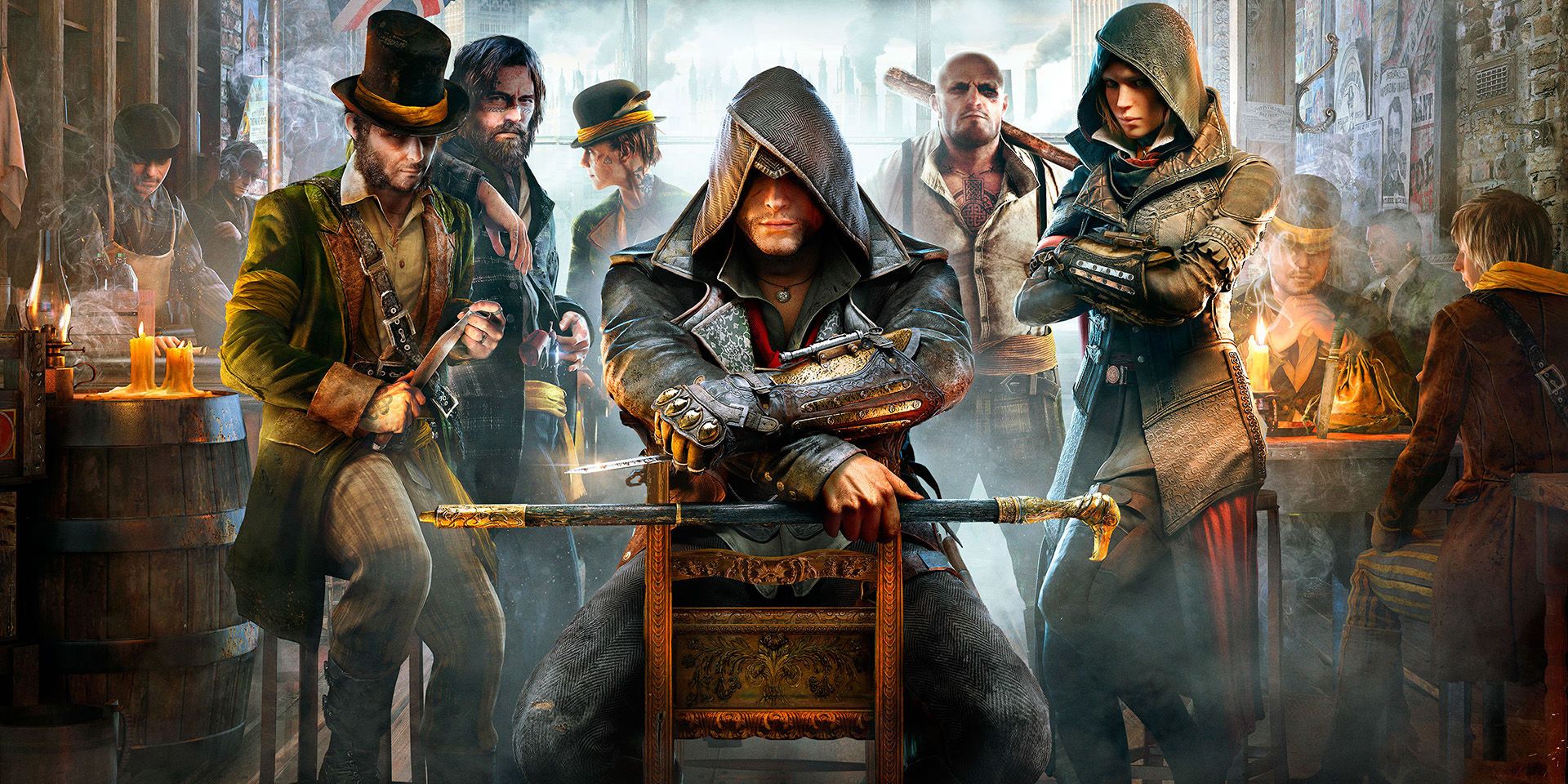Video game fans have waited for a critically and commercially successful movie adaptation of the medium for a long time, and the recent debacle in the form of Hitman: Agent 47 seemingly set the genre back on its heels once more. Still, one promising title is still on the horizon: Assassin's Creed. Starring Michael Fassbender and directed by Macbeth helmer Justin Kurzel, expectations have only increased after our look at Fassbender in costume.
Since the first game appeared, Assassin's Creed has commanded a devoted following and proven itself a unique title. Centered around a centuries-old secret war between the rival factions Assassins and Templars, the games place a modern-day descendant of the Assassins into one of his ancestors via a device called the Animus. The Assassin's Creed film is unique in that the game franchise's publisher Ubisoft is financing the movie itself via its production company arm Ubisoft Motion Pictures.
The CEO of Ubisoft Motion Pictures, Jean-Julien Baronnet, has compared the Assassin's Creed film to a certain famous "dark and gritty" superhero reboot film, as well as to Blade Runner. His comments appeared in a interview with the French magazine Premiere (via /Film) and were translated from the original French. Here is Baronnet on the casting of Michael Fassbender and comparisons to similar films:
"[Michael Fassbender] accepted very quickly. And it was the only actor which we thought was obvious. So we started with the actor, which is incongruous. Even more incongruous, he engaged us with nothing. There was no script, no studio or anything. We told him we were going to build the project together, we have a huge brand and we want to make a make a film with references to feature films like Batman Begins and Blade Runner. That is why we tend to. He was promised that he could work with the writers, we would associate it with all key creative choices."
If this account is accurate, then Fassbender signed on before a screenwriter or director was hired, and before Ubisoft partnered with New Regency to make the film. The opportunity for a great deal of creative control and to grow this franchise in a specific way must have been too good to pass up - that Macbeth director Kurzel landed the job of helming (with no prior tentpole to his credit) speaks to Fassbender's clout and level of control (Baronnet confirms that Fassbender led them to the director). Baronnet also praised Kurzel, saying: "Justin had a real vision of the universe of Assassins and cinematic language he wanted there was very strong and adapted to the license."
Name-checking movies like Blade Runner and Batman Begins is not earth-shattering or necessarily a good clue to the film's tone. Given the source material's violence and dark tone, no one was expecting Assassin's Creed to look like a Disney film. The references do suggest that Kurzel and screenwriters Bill Collage and Adam Cooper (Exodus: Gods and Kings) and Michael Lesslie (Kurzel's Macbeth) are executing the story on a level of relatively practicality, with what we can imagine is an impressive attention to detail.
Baronnet went on to compare Fassbender's deal to that of Tom Hardy's, who is starring in the adaptation of Splinter Cell, also under the Ubisoft Motion Picture banner. According to Baronnet:
"This is obviously attractive for intelligent players like Michael Fassbender and Tom Hardy. It is like a huge studio because it has huge brand, but it is a small structure. And it will remain like that, you do not want to become bigger. Tom Hardy was also evident on Splinter Cell. We had the same discussion and it is also committed immediately. Tom is a gamer and he loves the world of Splinter Cell. We worked a lot with him on the character."
Ubisoft appears committed to keeping the creative development of its video game properties limited to as few people as possible. This kind of structure clearly appeals to actors like Tom Hardy and Michael Fassbender, who are terrific performers and take their careers and choice of roles seriously. Baronnet also touched on the in-house development philosophy, and why Assassin's Creed only began filming this past September:
"Our approach is to remain in control of the development, so to finance it 100%. We choose writers who are not necessarily stars but people who have understood the universe. And as long as the script is not level, it will not launch. It has also worked very closely with New Regency for Assassin's Creed. We needed them for their expertise. There was a kind of triptych between the actor, the studio and us. It is the combination of the three who built this scenario. With arbitration returning us as we fund. The beauty of being a small structure is that no contingencies that lead us to release films in greenlighter quickly. It leaves time to time to arrive at what it takes. Four years of development for Assassin!"
Baronnet also seemingly confirmed the movie's budget. When given the range of $150 million - $200 million, Baronnet said: "I will not say we are close to 200 but not far either."
While we'll actually see Duncan Jones' Warcraft before Assassin's Creed - itself also a hotly anticipated video game adaptation with high expectations - Assassin's Creed stands apart as the first of Ubisoft's movies developed by the company that created the IP (a la Marvel Studios). There are many more Ubisoft films in the works, and while the slate is comparable to the number of video game movies overall stuck in development hell, Ubisoft is taking its time to establish a unique creative vision for each title.
Can Assassin's Creed live up to the hype? Expectations for most video game movies have historically been low, but in this case we've been led to believe that this title can turn the genre around. We have more than a year to go until the film's release, with plenty more reveals in the meantime which will shed more light on just where the plot stands in relation to the games.
Assassin’s Creed arrives in U.S. theaters on December 21st, 2016.
Source: Premiere



